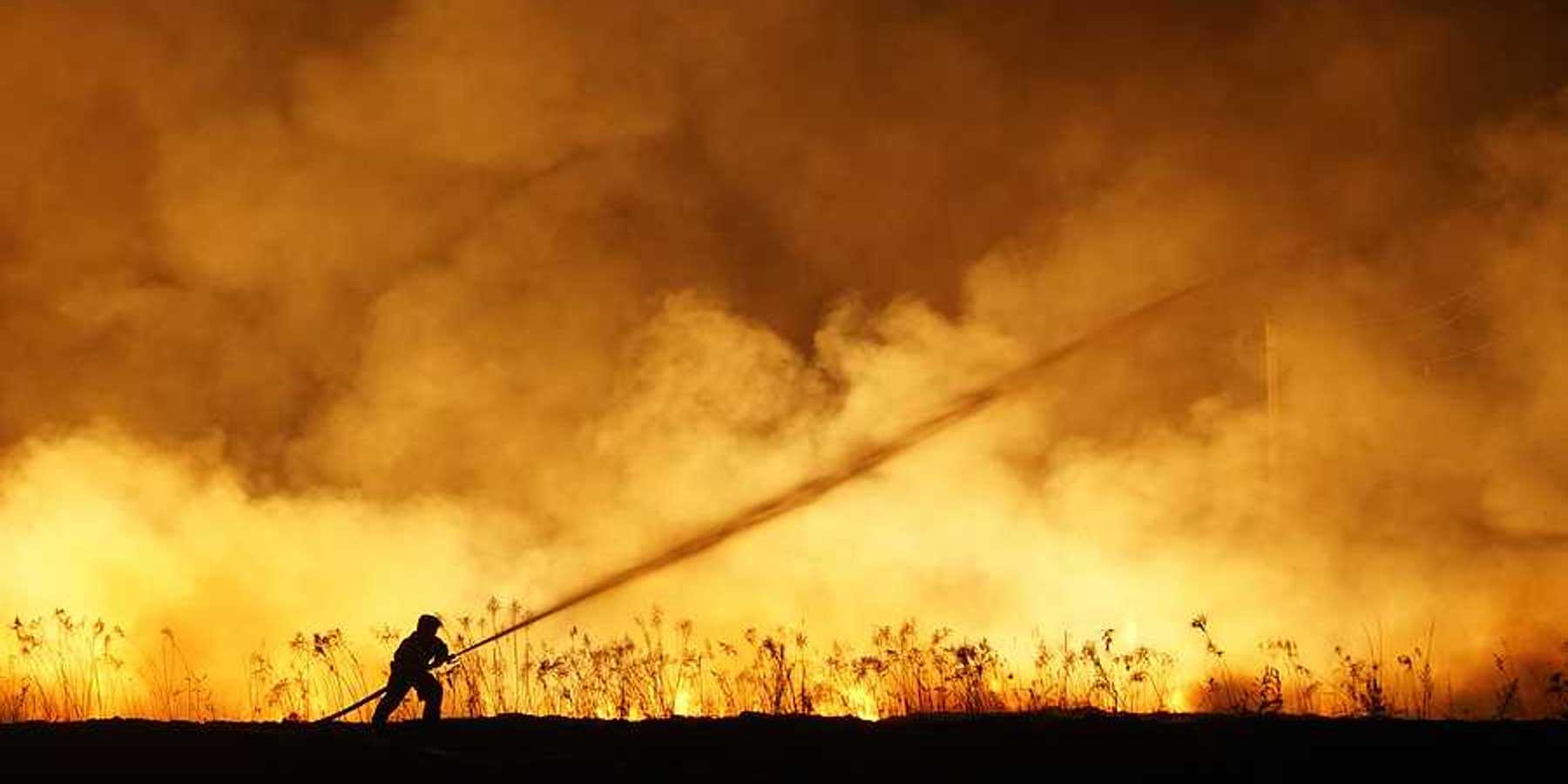soil contamination
Chemical industry spends millions lobbying against Superfund tax
Shell to divest Nigerian onshore oil operations amid environmental concerns
Shell's proposal, if approved without restrictions by the Nigerian government, could limit the oil giant's liability for decades of environmental pollution.
In short:
- Shell has agreed to sell its onshore oil business in Nigeria's Niger Delta to a consortium for $2.4 billion, aiming to reduce its West African footprint.
- The sale faces scrutiny from activists demanding Shell address longstanding environmental damages before finalizing the deal.
- The Nigerian government's approval is required for the sale, involving assets primarily owned by the national oil company NNPC.
Key quote:
“It would be a matter of very grave concern if the obvious legacy issues, especially the environmental and decommissioning issues, are not adequately and transparently addressed before and by any eventual divestment.”
— Ledum Mitee, local activist
Visit EHN's energy section for more top news about energy, climate and health.
Health risks from nuclear contamination in St. Louis denounced at congressional hearing
The United States should not expand nuclear energy use, at least until the federal government can make up for the harms caused by previous nuclear projects, U.S. Rep. Cori Bush of Missouri said at a congressional hearing in Washington, D.C., on Thursday.
Texas faces growing challenge in plugging abandoned oil wells
Despite receiving federal funds, Texas struggles to keep up with an increasing number of abandoned oil wells; threatening land, water and human health.
- The Texas Railroad Commission's list of wells to be plugged has grown to nearly 8,200, up 3% since August 2022.
- Texas plugged 19,000 wells from 2005 to 2022, but the list of orphan wells increased by 21,000 during the same period.
- Federal funding has helped Texas plug 730 wells, the most in any state, but state funding for well plugging has declined.
Key quote:
“The responsibility should bear mostly on the industry, and maybe the rules do need to change. That’s going to be tough in the current political environment. The oil and gas industry is an important part of the economy.”
— Rep. Armando Walle, D-Houston, chair of House appropriations subcommittee
Visit EHN's energy section for more top news about energy, climate and health.
Orphan well backlog grows in Texas, even as federal funds flow
Thousands of oil and gas wastewater spills threaten property, groundwater, wildlife and livestock across Texas
South American nations struggle with enforcing environmental cleanup laws
A review of Peru, Colombia, Ecuador and Bolivia's environmental laws highlights a “lack of political will” for enforcement.
In short:
- South American countries have adequate laws for environmental remediation.
- Enforcement of these laws is weak, however, leading to ongoing pollution.
- Experts call for stronger political commitment to protect ecosystems.
Key quote:
"There is no political will, and when this government or others say that they are trying to increase foreign investment from transnational companies, they do this by not requiring them to exercise adequate environmental control.”
— Pablo Fajardo, Ecuadorian lawyer.
Why this matters:
Environmental legislation is crucial for safeguarding public health and ecosystems. Both domestic and transnational fossil fuel companies have left a legacy of toxic pollution in South American countries like Colombia, Ecuador and Bolivia, often with limited accountability for cleanup. The ongoing lack of transparency and yawning gap between policy and practice in South America has serious health implications for local communities and for local ecosystems.
Did you know: In the US alone, oil and gas production is responsible for $77 billion in annual health damages.
How can individuals influence their governments to enforce environmental laws more effectively?
AI-based tools helped produce this text, with human oversight and editing.









